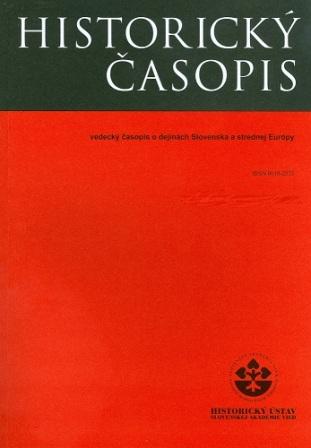SEBAKRITICKÝ KOMUNISTA RÓBERT ROŠKO
SELF-CRITICAL COMMUNIST RÓBERT ROŠKO
Author(s): Norbert KmeťSubject(s): Political history, Social history, Post-War period (1950 - 1989), History of Communism
Published by: Historický ústav SAV
Keywords: Communist regime; Dealing with the past; History; Philosophy; Sociology; Stalinism;
Summary/Abstract: Róbert Roško was one of those Central European intellectuals who spent most of their active lives under the communist regime. In his youth, he believed in the proclaimed communist ideal, that is, in the Stalinist version of Marxism-Leninism. Unlike M. Šimečka, Z. Mlynář, J. Jablonický, M. Kusý and many others, who gradually became marginalized after 1970 and turned into dissidents, with some even going into exile in later years, R. Roško remained in the party even following party purges. Like others in his field, he gradually developed into a sociologist through philosophy. He is usually ranked among the third generation of sociologists, who aided the establishment of this major social science discipline. In spite of various obstacles and ideological pressures, he was still able to help keep sociology a relatively separate discipline. He welcomed and supported the easing of political and social tension both in 1968 and in the late 1980s and continued to address the issue of the communist regime even after 1990. In his view, one of the reasons behind the failure of the communist experiment was the implementation of this political and economic system in a feudal country, which then transitioned “from backward feudalism to post-feudal modernism.” After 1989, he himself joined the ranks of the losers, who, in his view, included the masses from the former Soviet bloc countries, because the “defeat far exceeded that of an individual.”
Journal: Historický časopis
- Issue Year: 70/2022
- Issue No: 1
- Page Range: 153-171
- Page Count: 19
- Language: Slovak

